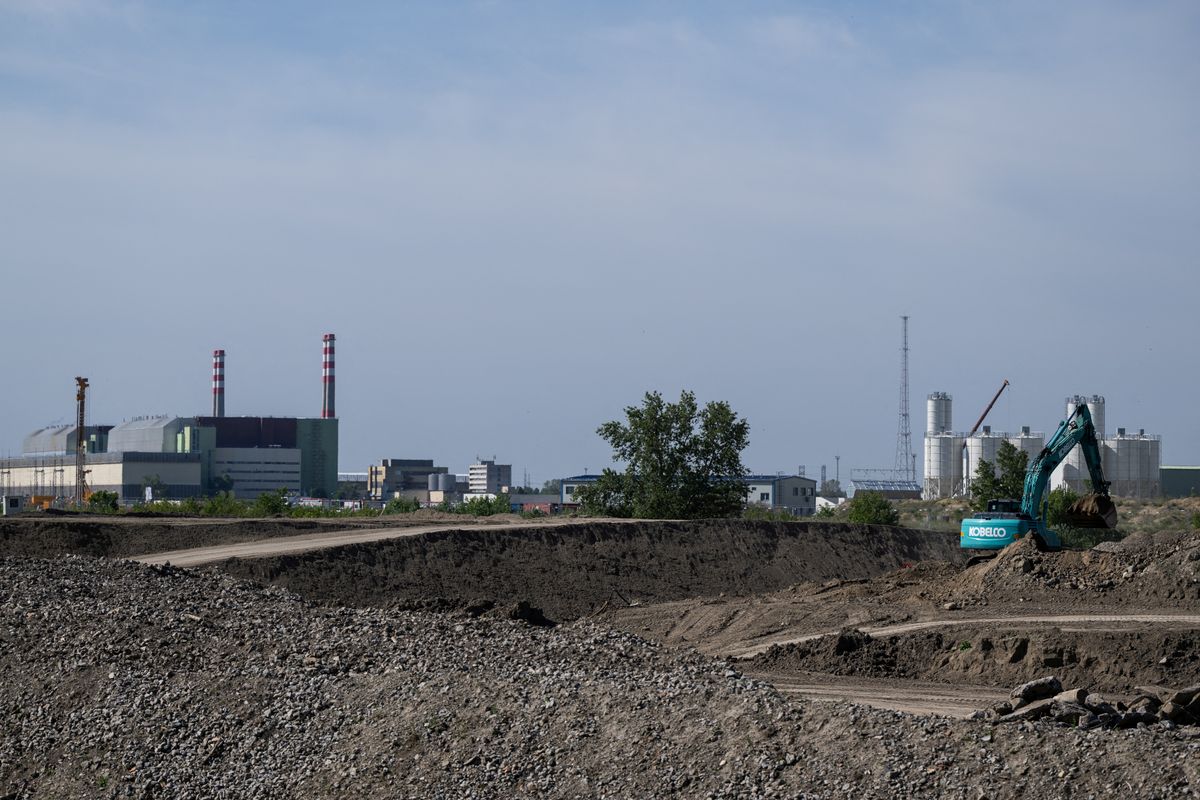Nuclear energy is controversial – where are we going with it?
One major driver of the controversy over nuclear power is the public safety risk.

A few minutes every morning is all you need.
Stay up to date on the world's Headlines and Human Stories. It's fun, it's factual, it's fluff-free.
Nuclear energy has taken over the news circuit. In Ukraine, the Zaporizhzhia nuclear power plant is currently occupied by Russia, but it’s feared to become a war-time target. In Japan, the Fukushima nuclear power plant is set to start draining its radioactive wastewater into the ocean, a plan that’s triggered pushback from environmental groups and other countries. At the moment, Canada is working on plans for the world’s biggest nuclear power plant. And France just passed a new law to boost new nuclear reactor construction.
It looks like we’re at a nuclear energy crossroads.
One major driver of the controversy over nuclear power is the public safety risk. The idea of a nuclear disaster is a really scary one. But, according to Our World in Data, fossil fuels and biomass kill way more people than nuclear energy sources. Dr. Hannah Ritchie explains, “Our perceptions of the safety of nuclear energy are strongly influenced by two accidents: Chernobyl in Ukraine in 1986, and Fukushima in Japan in 2011. These were tragic events. However, compared to the millions that die from fossil fuels every year, the final death tolls were very low.”
Then there’s the nuclear waste problem. This waste is super dangerous, and we usually bury or recycle it. But scientists are still working on a long-term disposal plan. “It’s a societal problem that has been handed down to us from our parents’ generation,” says Gerald S. Frankel, a materials scientist at Ohio State University. “And we are—more or less—handing it to our children.”
Still, nuclear energy is a major low-emission electricity source that might be necessary for reaching our net zero emission goals soon. At the moment, nuclear energy generates about 10% of the world’s electricity.
Right now, there are new developments in designing micro-reactors, which are supposed to address concerns about safety, efficiency, scale, cost and competition. These designs are able to reach higher operating temperatures, leading to more efficiency. And they use cheaper, lower-grade nuclear fuels. Some designs are even able to use waste from other reactors. These microreactors are also designed with improved safety measures.
So the question is – are we on track for a total nuclear revival?




Comments ()